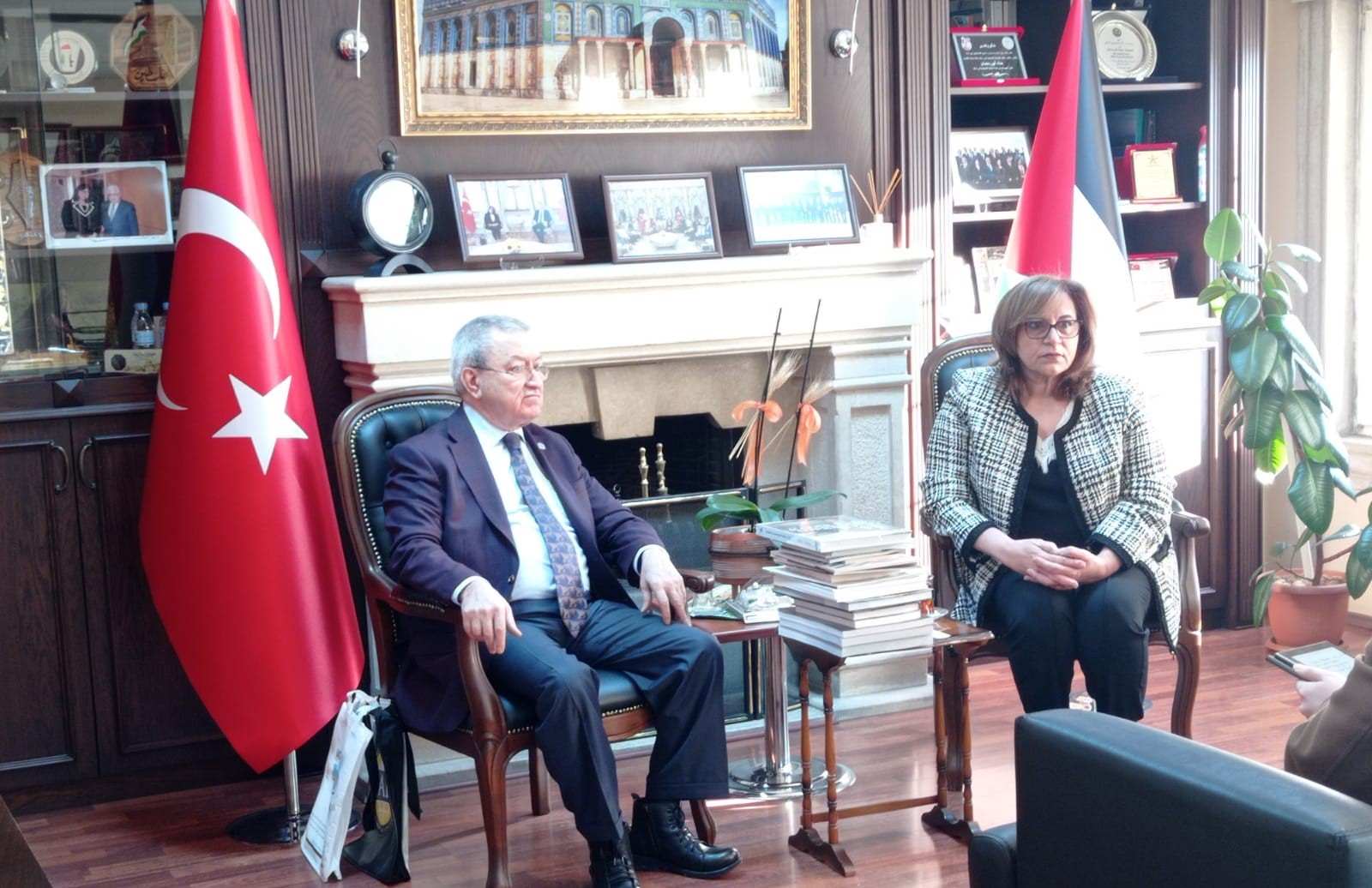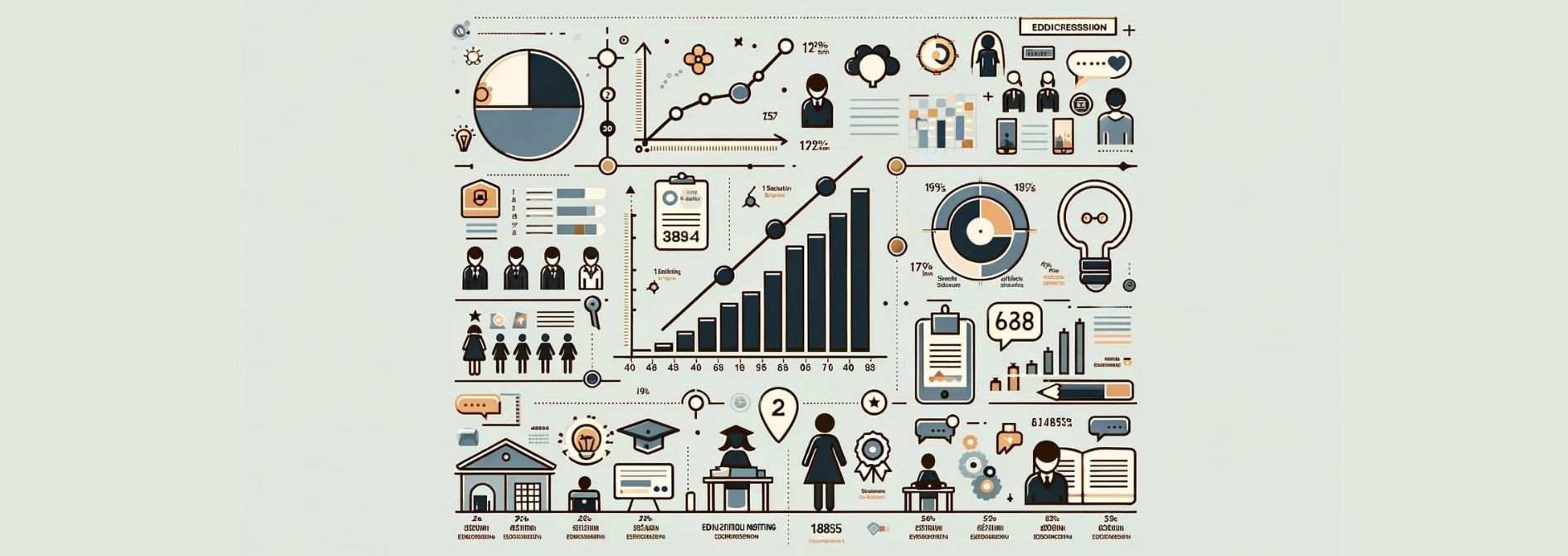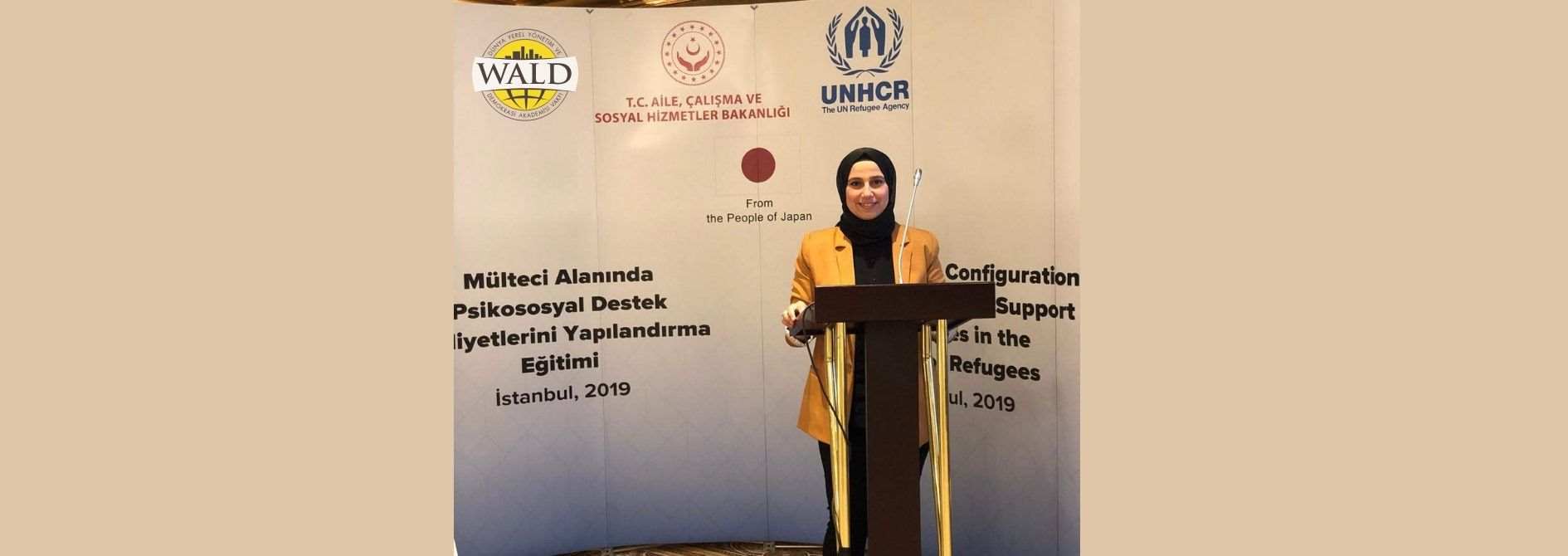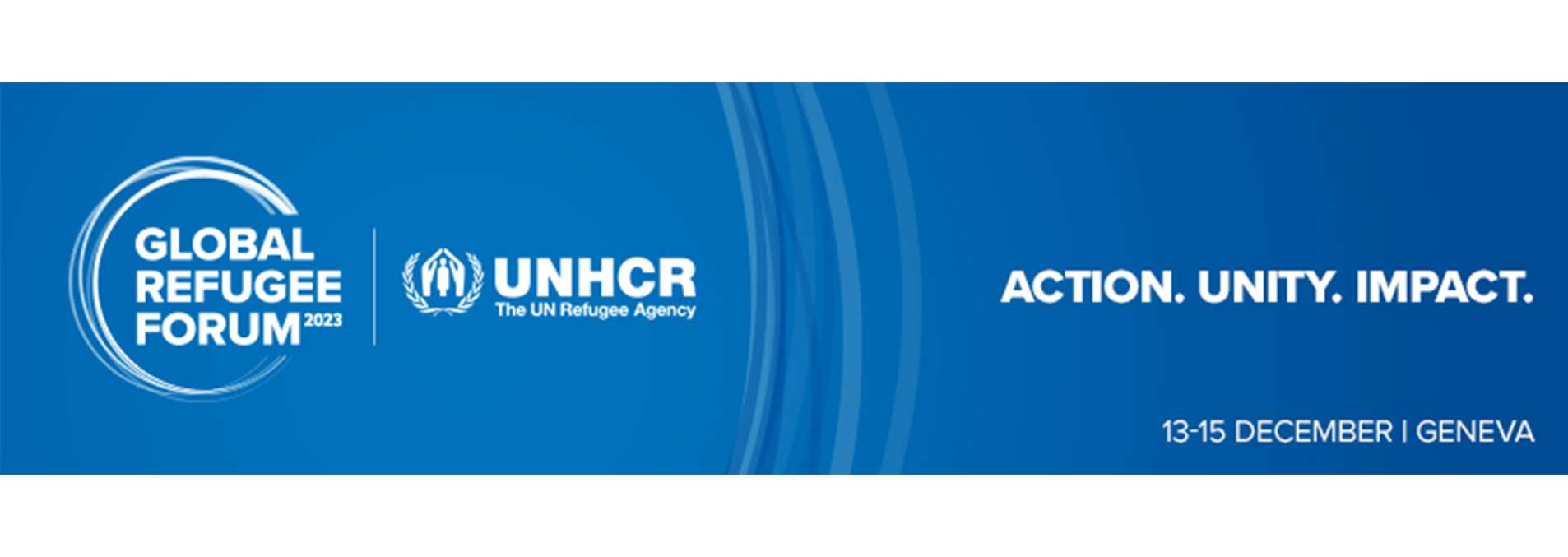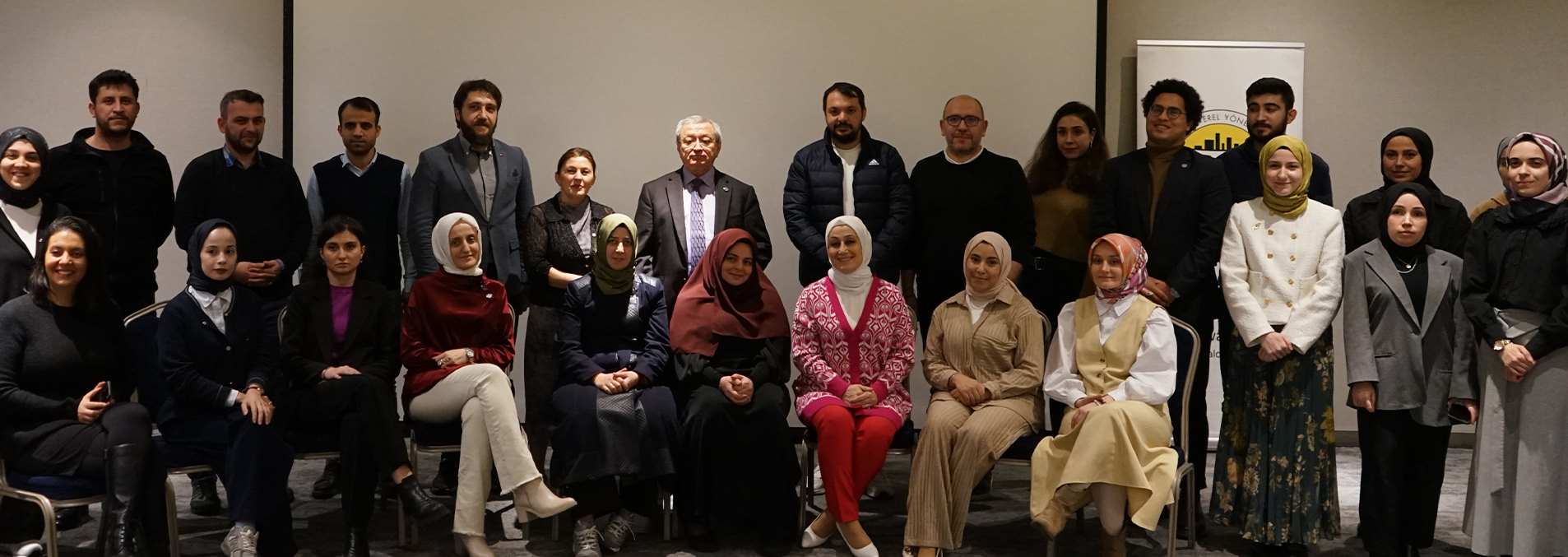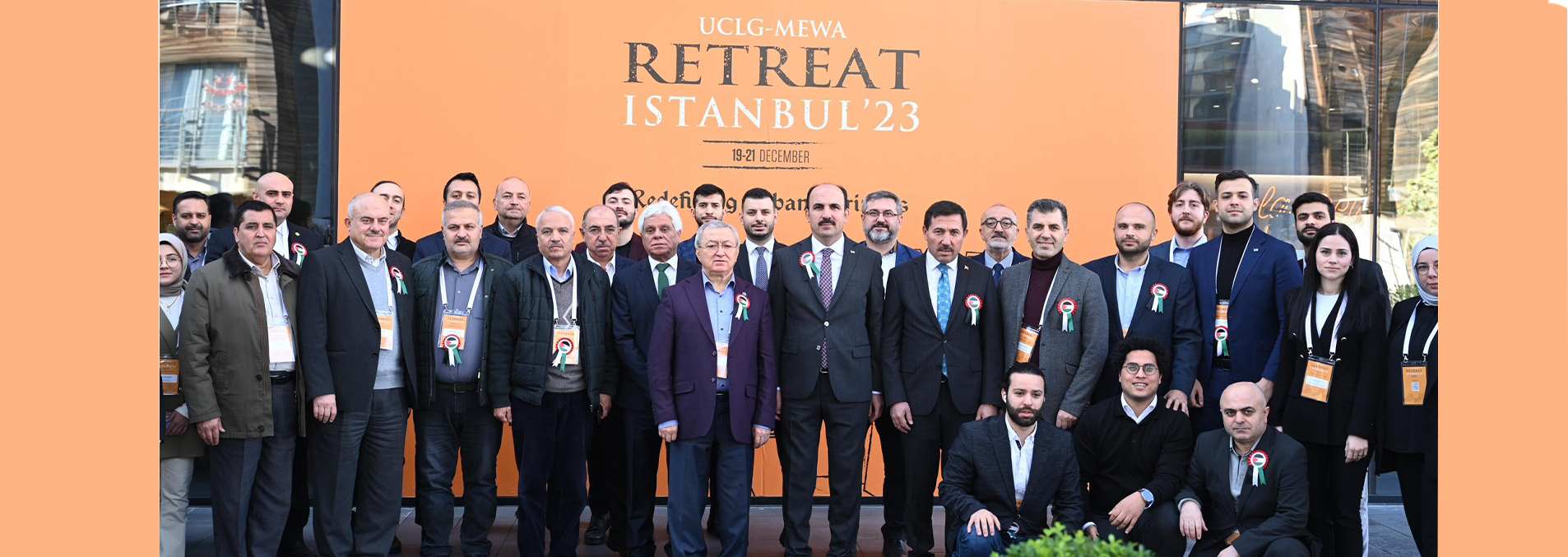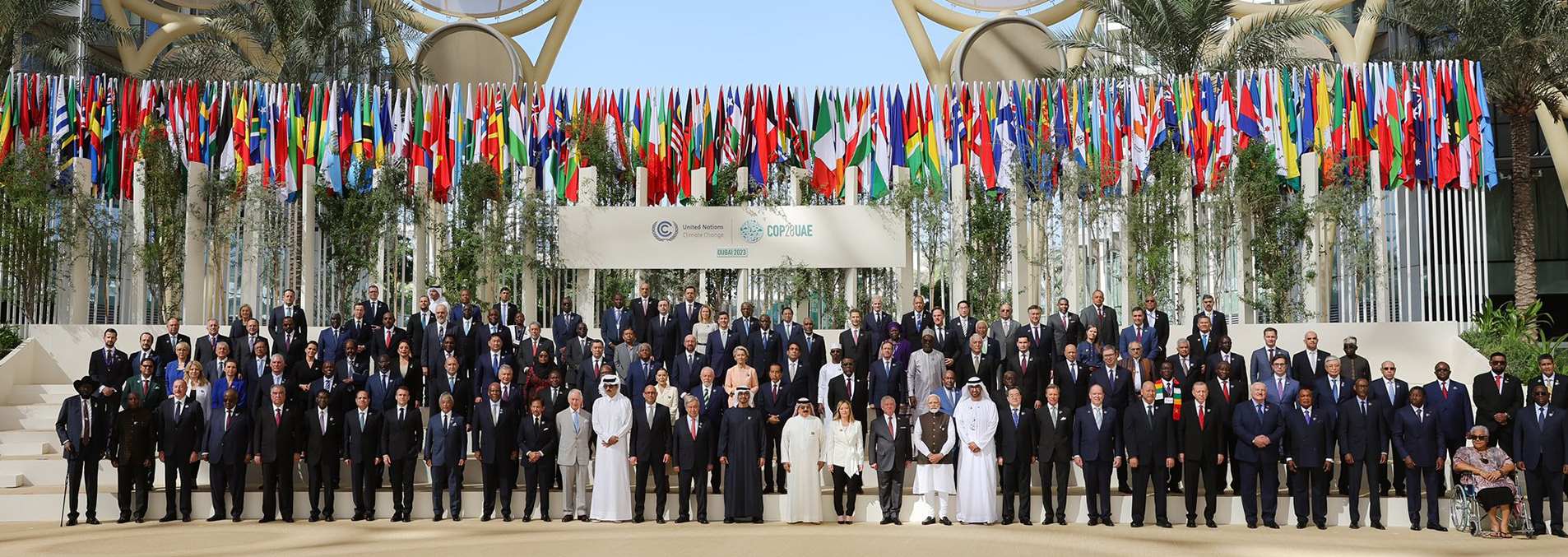Say No to Child Labor for a More Humane Life!
Organized by UNICEF and to which we participated as WALD, the “Tools to Prevent Child Labour In The Humanıtarıan Context of Türkiye” was held in Gaziantep between 13-17 June 2022. Child Labor in the context of Humanitarian Aid in Türkiye, Child Labor Guide for Humanitarian Aid Workers, Child Labor for Child Protection Caseworkers and Managers, Child Labor for Education Workers, Child Labor for Employers and Private Sector, Child Labor Risk Assessment, Strategies for Reducing Harm to Children at Work, Standard Indicators of Child Labor were discussed in depth during the five-day training process.
On the first day of the program, the concept of "accidental age" was also discussed, emphasizing what should be understood from the expression "child" in line with the first article of the United Nations Convention on the Rights of the Child and the third article of the Child Protection Law in order to better identify child labour. In addition, the concept of "child in need of protection" in the second article of the Child Protection Law was discussed, and a separate parenthesis was opened for the crime of "child trafficking" in the third paragraph of Article 80 of the Turkish Penal Code.
In the "Child Labor Survey" conducted by TURKSTAT in 2019, it was determined that there are 720,000 child workers in Türkiye. This figure represents 4.4% of the total number of children in Türkiye, and these figures do not include working Syrian and migrant children. At the same time, it was also among the predictions that there was a significant increase in the figures related to child labor due to the effect of the pandemic process. When all sectors are examined, it is seen that 45.5% of child workers work in the service sector, 30.8% in agriculture and 27.7% in industry.
Emphasizing the negative effects of child labor on children, it is also mentioned that it can have long-term effects on the qualities of enterprises, workforce and economic growth. Key services to support working children and end child labor are classified as child protection, education, health, economic support and services that build resilience and develop skills.
In the program, the importance of raising awareness and raising awareness of families, children and employers in the fight against child labor was emphasized and the Ministry of Labor and Social Security (MoLSS), Ministry of Family and Social Services (MoFSS), Social Service Centers, General Directorate of Turkish Employment Agency, Ministry of Justice, Ministry of National Education, Anti-Child Labor Units, Governorships, Police and Security Forces, Municipalities, Trade Unions, and National and International Non-Governmental Organizations (NGOs), their roles and responsibilities in the process were discussed.
